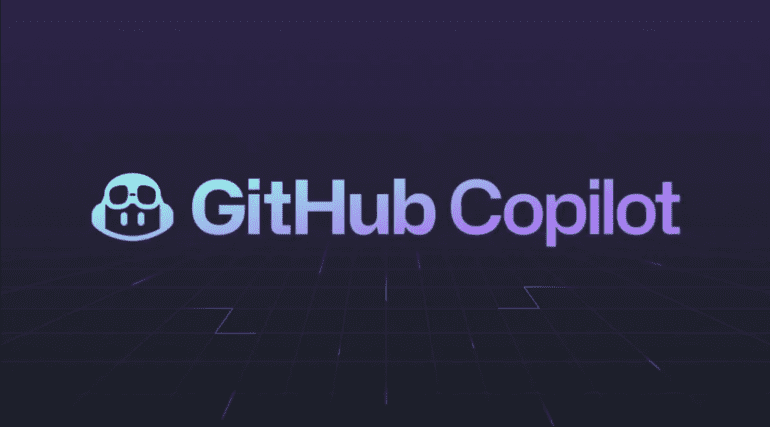- Augment, a GitHub Copilot competitor, emerges with $252 million in funding.
- AI adoption in coding is rising, with 44% of developers already using AI tools and 26% planning to adopt soon.
- Augment aims to revolutionize coding with AI, backed by luminaries like Eric Schmidt and boasting a near-unicorn valuation.
- Founded by ex-Microsoft developer Igor Ostrovsky, Augment promises to enhance software quality and team productivity.
- Augment’s revenue model relies on software-as-a-service subscriptions, with pricing details forthcoming.
- Despite competition from tech giants like Microsoft and Amazon, Augment aims for rapid growth, banking on early adoption by hundreds of developers.
- Technical challenges around code quality and security remain, but Augment is committed to innovation and addressing these issues.
- Augment plans to double its workforce by year-end as it positions itself as a leader in AI-driven software development.
Main AI News:
The AI-driven coding revolution is gaining momentum, as evidenced by a recent StackOverflow poll revealing that 44% of software engineers already use AI tools, with another 26% planning to adopt them soon. This surge is echoed by Gartner’s projection that 75% of developers will leverage coding assistants by 2028. According to Igor Ostrovsky, a former Microsoft software developer, AI is poised to become indispensable in software development, enhancing quality, productivity, and the overall programming experience.
Ostrovsky’s brainchild, Augment, has just unveiled itself to the world, backed by $252 million in funding and boasting a post-money valuation nearing the unicorn mark at $977 million. With luminaries like former Google CEO Eric Schmidt among its investors, Augment aims to revolutionize the realm of generative AI coding technologies. Ostrovsky envisions a future where software creation is streamlined, enabling teams to deliver high-quality products swiftly and efficiently.
The roots of Augment trace back to Ostrovsky’s tenure at Microsoft, where he contributed to projects like Midori, a groundbreaking operating system. Collaborating with Guy Gur-Ari, a former AI research scientist at Google, Ostrovsky developed Augment’s Minimum Viable Product (MVP) in 2022. To bolster the company’s leadership, industry veterans Scott Dietzen and Dion Almaer were enlisted, bringing their wealth of experience from companies like Pure Storage and Google.
Despite its emergence from stealth mode, Augment remains tight-lipped about its inner workings and AI models. However, Ostrovsky hints at leveraging “industry-leading” open models while keeping details under wraps. Revenue generation will hinge on standard software-as-a-service subscriptions, with pricing and specifics slated for later disclosure.
Augment’s trajectory is ambitious, aiming for rapid expansion in a fiercely competitive landscape dominated by tech giants like Microsoft, Amazon, and Google, each offering its own AI coding assistant. However, with the burgeoning number of startups entering the fray, sustainability poses a significant challenge, as evidenced by the closure of Kite due to escalating compute costs.
Ostrovsky remains optimistic, citing early adoption by hundreds of developers across numerous companies. Yet, the sustainability of this momentum remains uncertain. Technical challenges, such as code quality and security vulnerabilities, loom large. Despite these hurdles, Ostrovsky affirms Augment’s commitment to innovation, promising to address issues around software quality, team productivity, and intellectual property protection.
Based in Palo Alto, Augment is poised for growth, with plans to double its current workforce of 50 employees by year-end. As the coding landscape evolves, Augment endeavors to carve out its niche as a trailblazer in AI-driven software development.
Conclusion:
Augment’s emergence signals the accelerating pace of AI integration in software development. With substantial funding and a seasoned leadership team, Augment is poised to disrupt the AI coding landscape. However, sustainability challenges and concerns about code quality and security vulnerabilities pose significant hurdles. The market for AI coding assistants is becoming increasingly competitive, with Augment vying for its share amidst industry giants and a plethora of startups.

